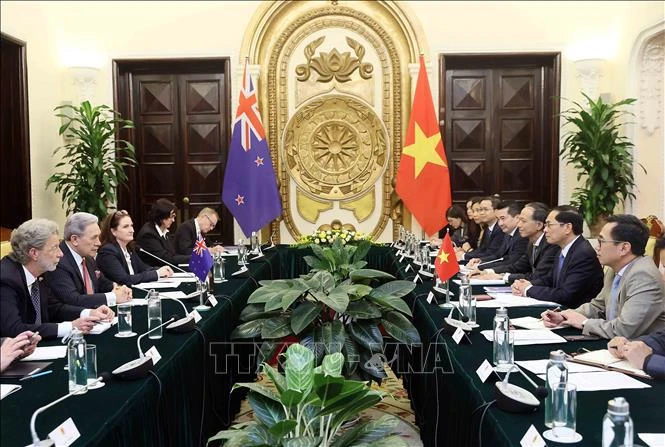
At the second Viet Nam-New Zealand Foreign Ministers' Meeting in Hanoi on June 5 (Photo: VNA)
Both sides expressed satisfaction with the positive and effective development of the Viet Nam-New Zealand strategic partnership across politics and diplomacy, economy-trade-investment, national defence-securitty, education-training, sci-tech, agriculture and people-to-people exchange. They appreciated and agreed on numerous specific measures to realise the outcomes achieved during Prime Minister Pham Minh Chinh’s official visit to New Zealand last March.
Looking ahead, they pledged to collaborate on a series of initiatives in 2025 to mark the 50th anniversary of diplomatic relations and the fifth anniversary of bilateral strategic partnership, including high-level visits and contacts, cultural and people-to-people exchanges.
Economic and trade connection was a central focus, with both sides emphasising the potential for growth. They committed to reaching a two-way trade value of 3 billion USD by 2026 through enhanced economic connectivity, expanded market access, and effective implementation of existing free trade agreements like the Comprehensive and Progressive Agreement for Trans-Pacific Partnership (CPTPP), the Regional Comprehensive Economic Partnership (RCEP), and the ASEAN-Australia/New Zealand Free Trade Agreement (AANZFTA). Establishing a direct flight route between the two countries was also discussed.
The meeting highlighted new areas for collaboration, including clean agriculture, green economy, digital economy, and energy transition. These areas will be incorporated into a soon-to-be-developed Action Plan for implementing the Strategic Partnership for the 2024-2027 period.
On regional and global issues, the ministers vowed to work together to maintain regional stability, cooperation and development. They reaffirmed the importance of maintaining peace, stability, and freedom of navigation and overflight in the East Sea, and adhering to international law, including the 1982 United Nations Convention on the Law of the Sea (UNCLOS).
Peters, for his part, affirmed that New Zealand gives top priority to Southeast Asia in its foreign policy, expressing a desire for more substantive, comprehensive and cohesive engagement with the region. He also underscored New Zealand’s support for ASEAN’s central role.
Son, in response, highlighted Viet Nam’s commitment to further strengthening ASEAN-New Zealand relations in its role as coordinator from July 2024 to July 2027. He proposed increased collaboration for sustainable development in the Mekong sub-region, particularly regarding climate-resilient agriculture. He also suggested fostering closer ties between ASEAN and the Pacific Islands Forum.
This meeting was the second of its kind, following the successful inaugural event in New Zealand in September 2022. Both sides agreed to convene the next meeting in New Zealand in 2025.
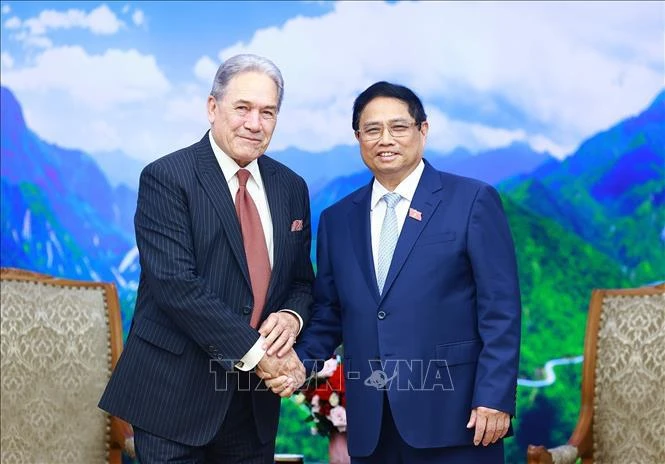
PM Pham MInh Chinh (R) and Deputy Prime Minister and Minister of Foreign Affairs of New Zealand Winston Peters (Photo: VNA)
PM Chinh suggested the two sides enhance connectivity of the two economies which are complementary in their nature, and affirmed that Viet Nam welcomes New Zealand enterprises to bolster investment in the Southeast Asian country in the fields of their strengths.
Along with enhancing and expanding cooperation in traditional areas, the two countries need to work together in the new domains of climate change response, energy transition, green growth and digital economy.
Peters, for his part, affirmed that New Zealand attaches much importance to Viet Nam’s roles in the region and the world, and the Viet Nam – Zealand Strategic Partnership, expressing his hope that the two sides will build a new framework for their relations soon on the basis of the current sound ties.
PM Chinh and his New Zealand guest reached consensus on close cooperation and support for each other at multilateral forums, and effective coordination when Vietnam takes on the role as coordinator of the ASEAN – New Zealand relations from July 2024 to July 2027.
Touching on the East Sea issue, the two sides agreed to support ASEAN’s stance on the waters, settling disputes via peaceful means based on international law, including the UN Convention on the Law of the Sea (UNCLOS 1982), ensuring safety, security and freedom of navigation and overflight in the waters.
VNA



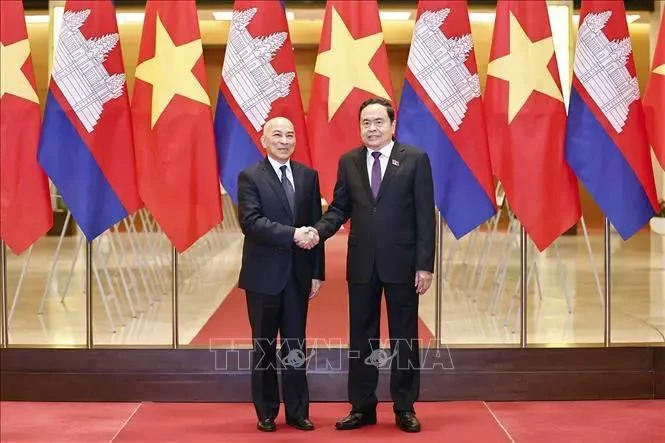
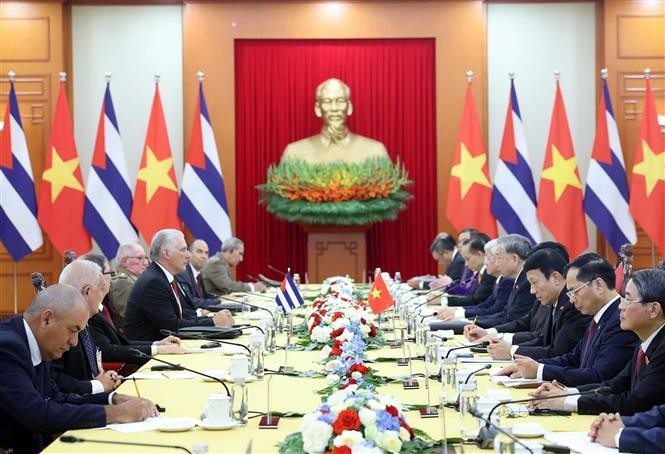
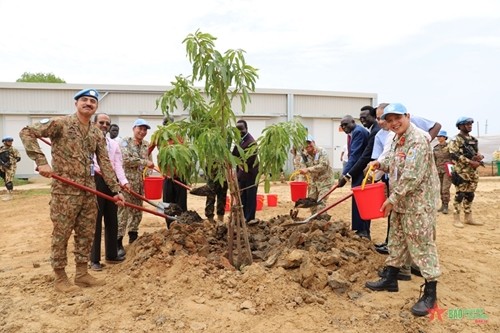
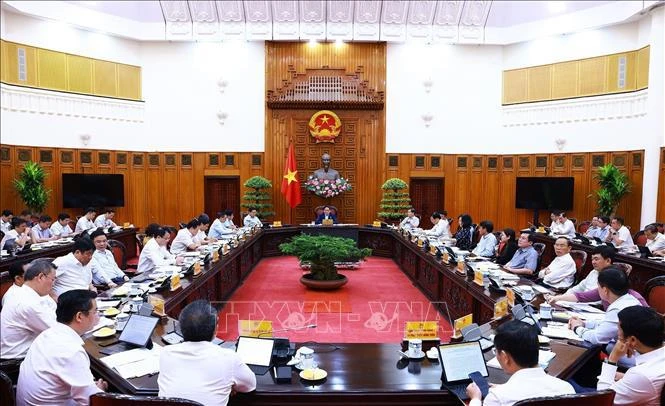
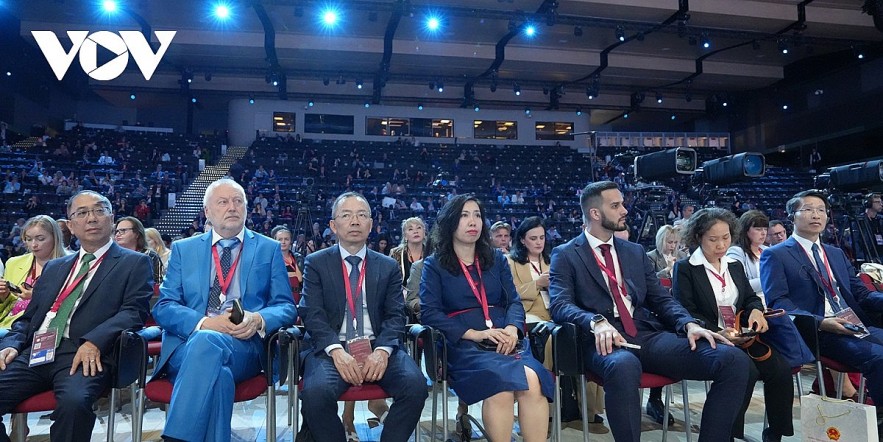
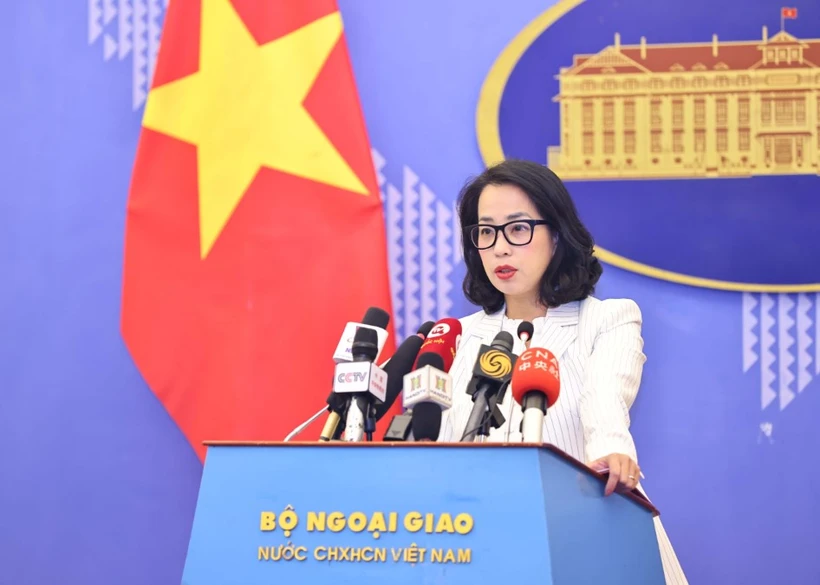
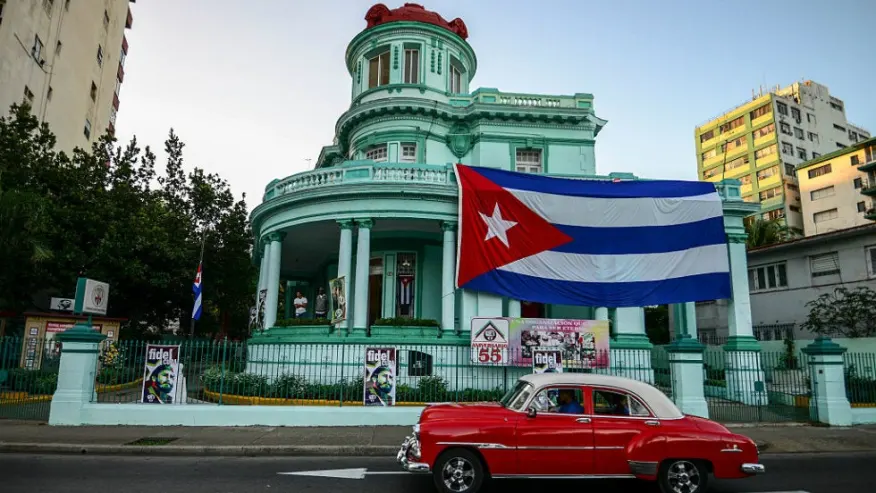
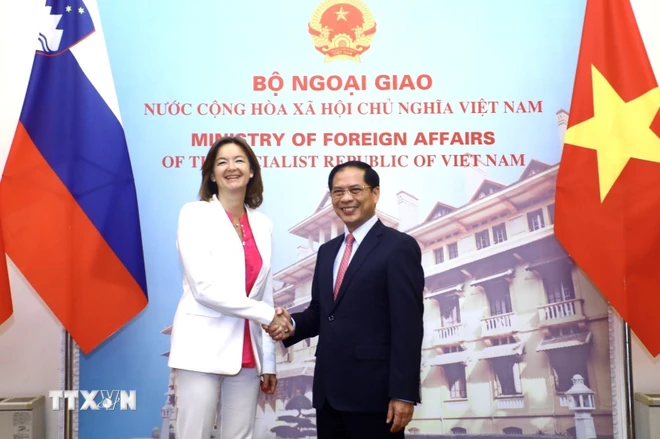
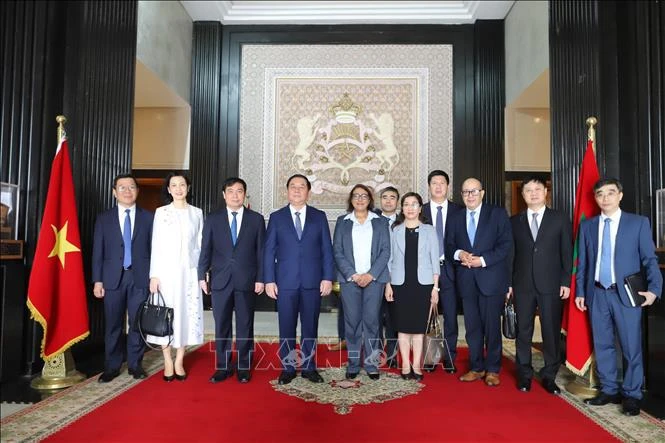
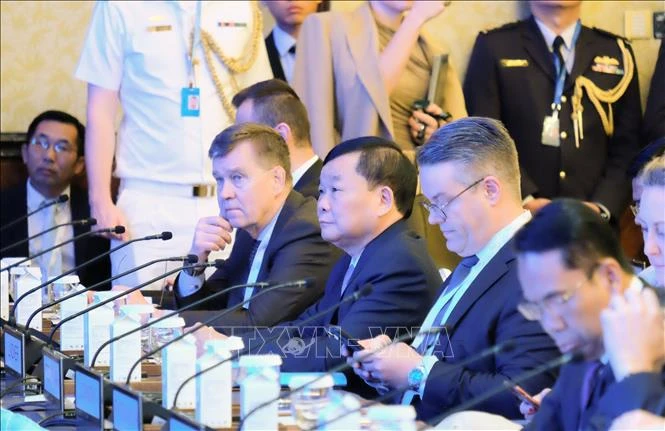
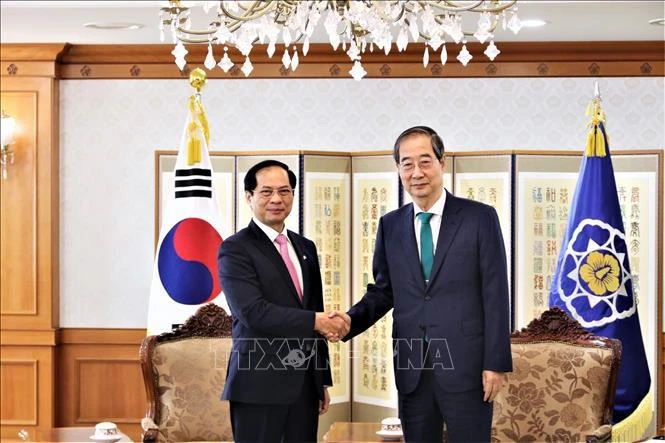
.webp)